Is Thailand’s conflict-hit economy running out of luck?
As conflict with Cambodia compounds decades of political turmoil, analysts warn ‘Teflon’ Thailand may have lost its ability to bounce back
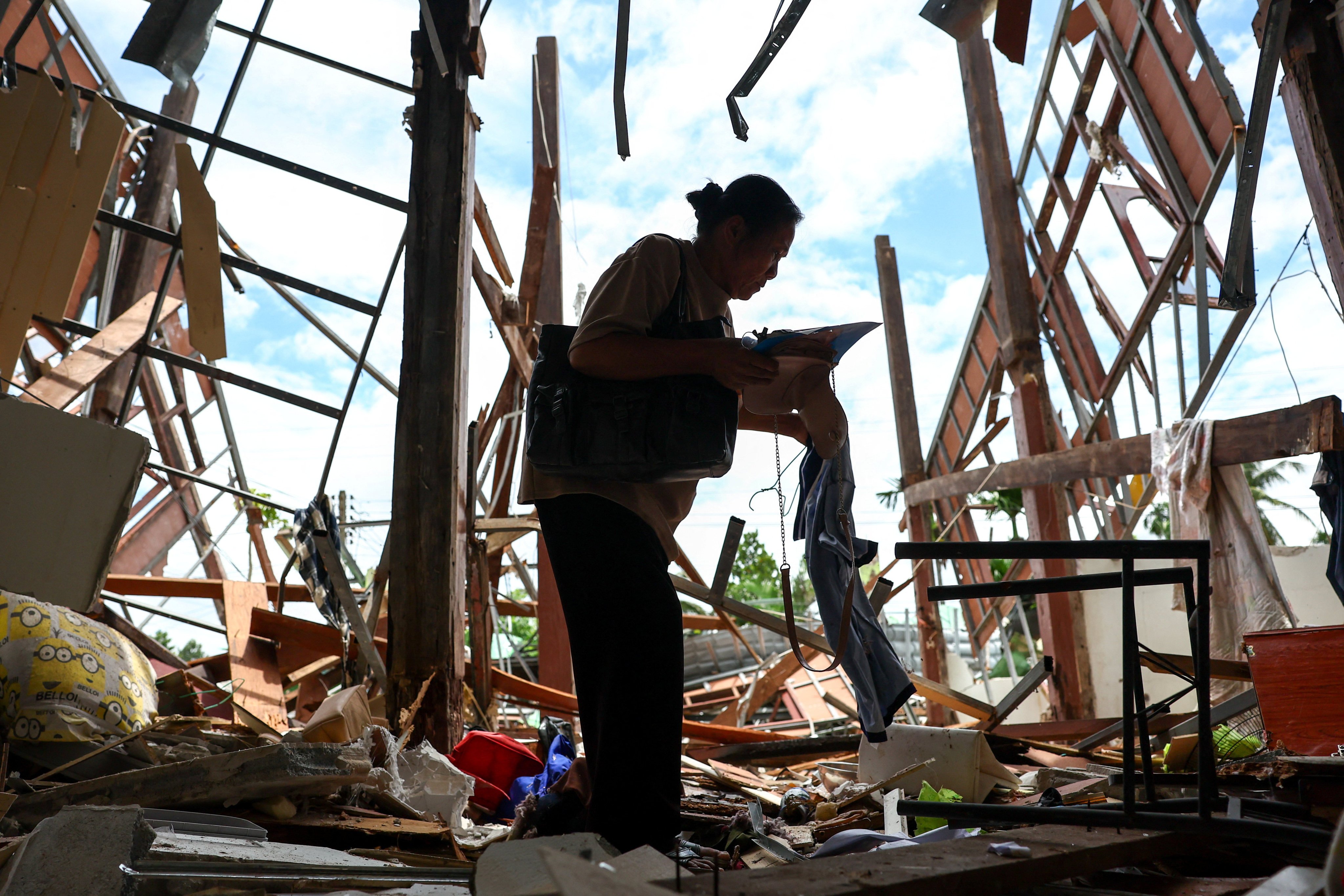
For days, the piercing whistle of Cambodian rockets sent 69-year-old Kantapong Prakaew scrambling for cover in his makeshift bunker – a frail fortification against the conflict in Thailand’s Surin province.
He is one of the few elderly residents who refused to flee, holding out as artillery fire ravaged the fields and wrecked the livelihoods of a long underdeveloped region.
Across the borderlands, the recent flare-up of violence between Thailand and Cambodia has claimed dozens of lives and displaced hundreds of thousands.
While a tentative truce appears to be holding, the scars of conflict are everywhere to see – from the torn-up fields where Kantapong once tended eucalyptus and rubber trees, to the anxious calculations of villagers forced to count the cost of a dispute they did not choose.
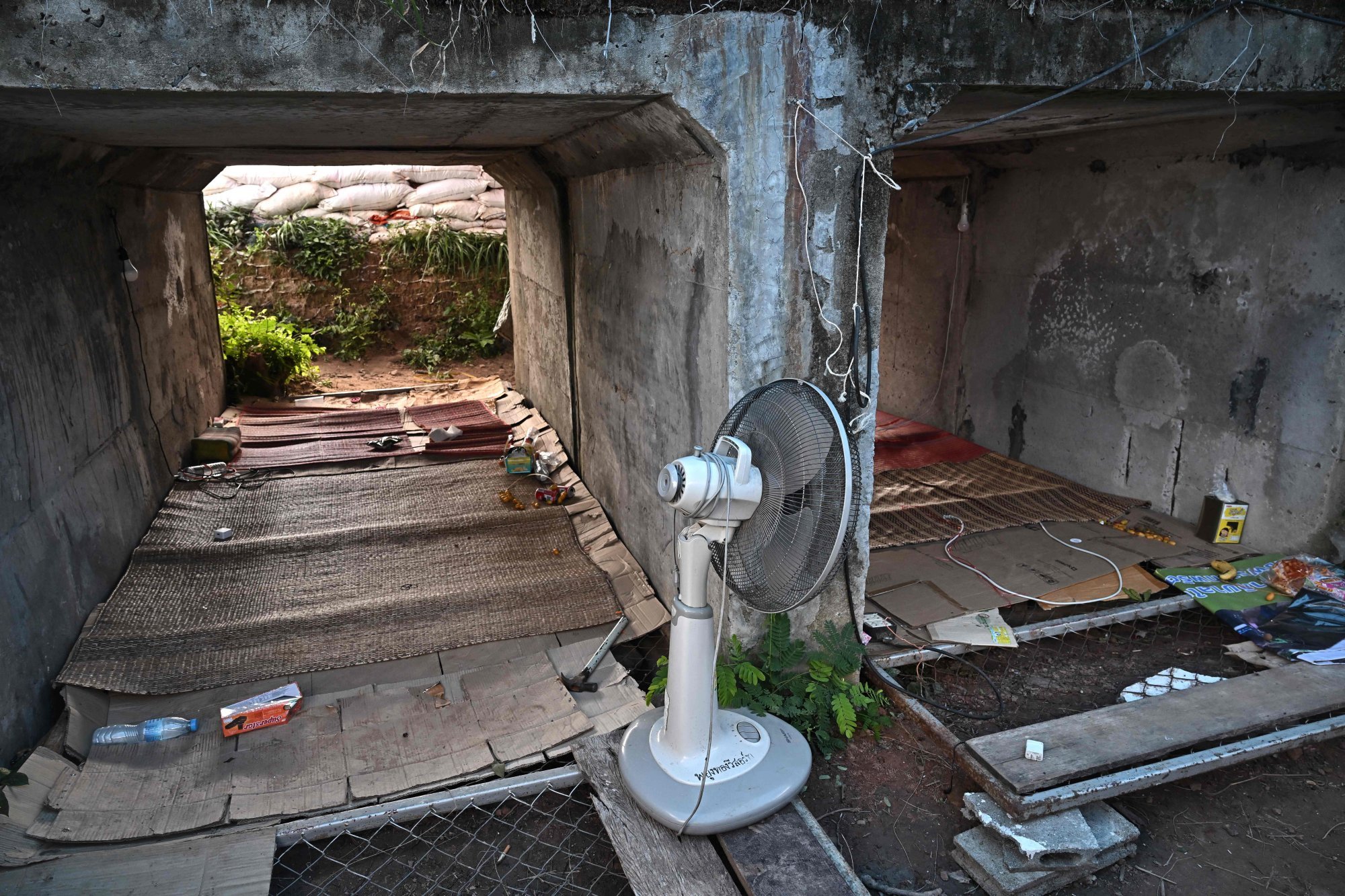
“It’s been very hard for all of us. We all have debts to pay,” said Kantapong, whose wife fled their village Surin’s Phanom Dong Rak district for an evacuation centre while he stayed behind. “We’ve wasted time and opportunities. Who will be responsible for our losses?”
Thailand’s government has pledged to pick up the bill for the days of violence, which erupted ostensibly over a disputed border but is rooted in deeper political – and personal – rivalries.
Thai Finance Minister Pichai Chunhavajira on Tuesday announced an initial allocation of 25 billion baht (US$768 million) for compensation, but warned, “we may need to seek more” as the true economic toll, including lost cross-border trade and the exodus of Cambodian migrant workers, becomes clear.
It comes as yet another blow to an economy that can ill afford it. Washington’s 19 per cent tariffs on exports to the United States, a slump in tourism and investment, and weak demand for property have compounded the hardship, while soaring household debt has left millions struggling to make ends meet.
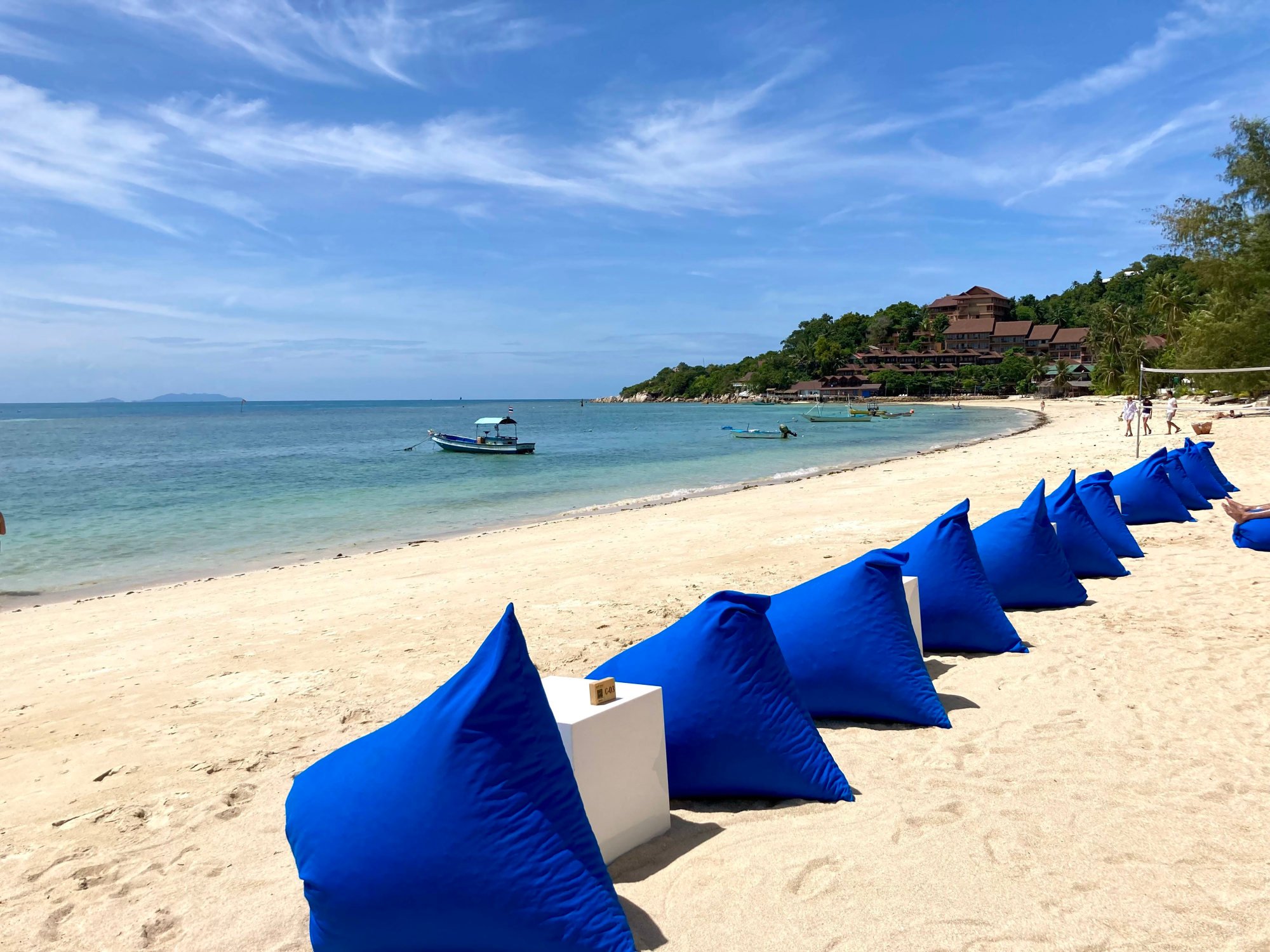
The finance ministry forecasts economic growth of just 2.2 per cent this year – anaemic when compared to the nation’s neighbours Malaysia, Vietnam, the Philippines and Indonesia.
Conflict with Cambodia has also unleashed fresh political turmoil in a country that has already endured two decades of instability.
Prime Minister Paetongtarn Shinawatra has been suspended and faces possible removal by the Constitutional Court after being accused of a serious breach of ethics over a leaked phone call with Cambodian strongman Hun Sen in the lead-up to the fighting.
Should she fall, she would become the second Thai prime minister ousted by the courts in as many years and the third Shinawatra toppled by judicial or military intervention since 2006.
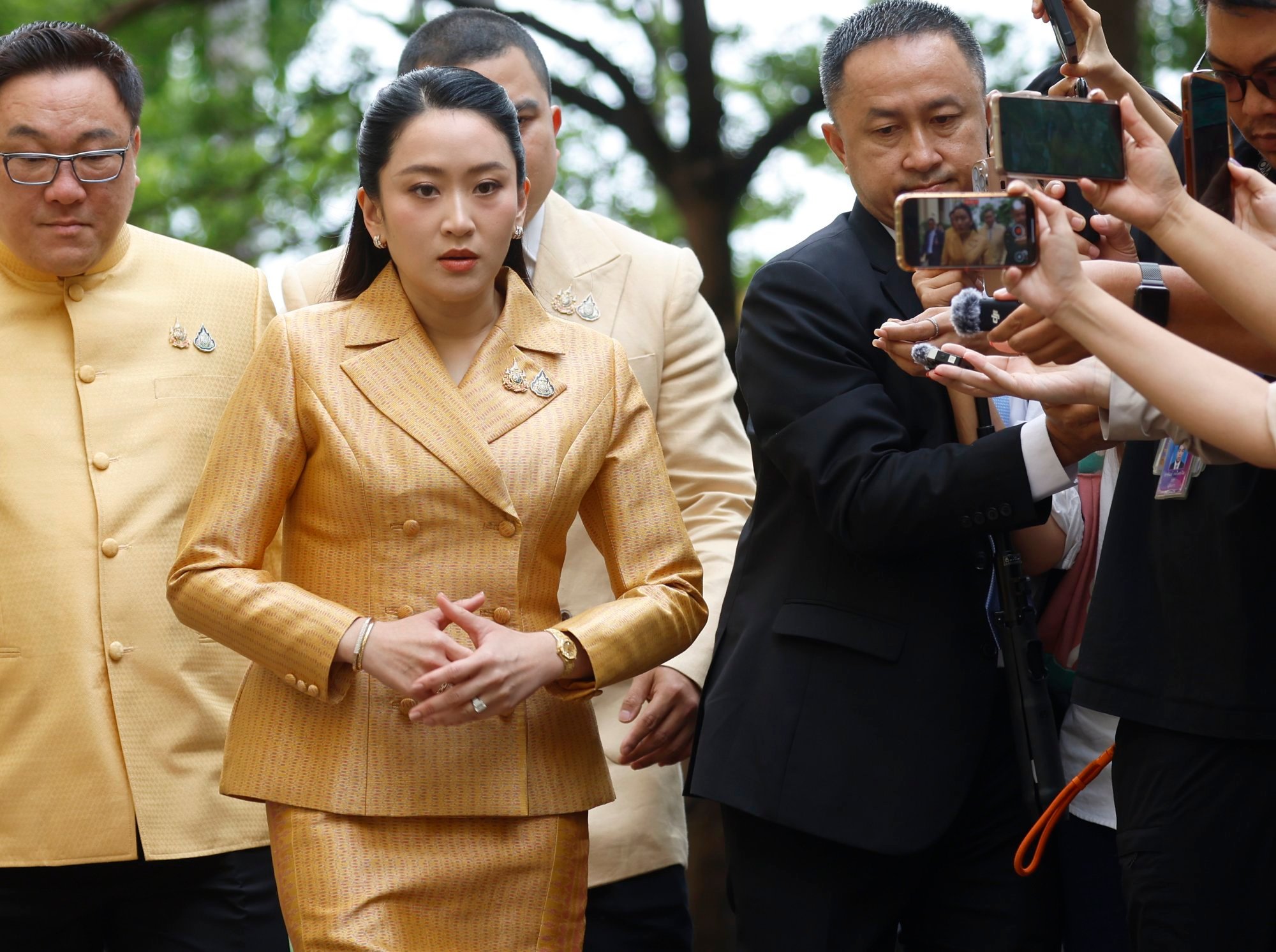
Analysts warn that Thailand, once dubbed “Teflon” for its ability to rebound from crisis, may finally be running out of luck.
Pavida Pananond, an international business professor at Thammasat Business School, said Thailand had turned into a “regional laggard”.
Unhandled type: inline-plus-widget {“type”:”inline-plus-widget”}
“The last two decades of political turmoil have robbed Thailand of the opportunity to look outward and forward for important structural reforms that can keep the country competitive in the more hostile economic development,” she said.
“Instead, we have been navel-gazing and focusing more on domestic power grabs and keeping the political and economic status quo, without realising the opportunity costs of the time lost.”
Big-ticket policies, such as the proposed “landbridge” to connect the Gulf of Thailand to the Indian Ocean, have evaporated amid the merry-go-round of leaders.
The latest round saw Srettha Thavisin, who championed the landbridge project, removed by the courts and replaced by Paetongtarn, perpetuating the cycle of instability at the top.
Paetongtarn’s government promised to legalise casinos and entertainment complexes, aiming to attract billions in investment and tax revenue in a country where gambling remains officially banned. But with legal woes engulfing her administration, those plans have been shelved and core pledges of her Pheu Thai party lie in tatters.
Some analysts have linked the timing of the border conflict to these casino ambitions, noting Cambodia’s reliance on its own casinos – both legal and illicit – as a source of revenue.
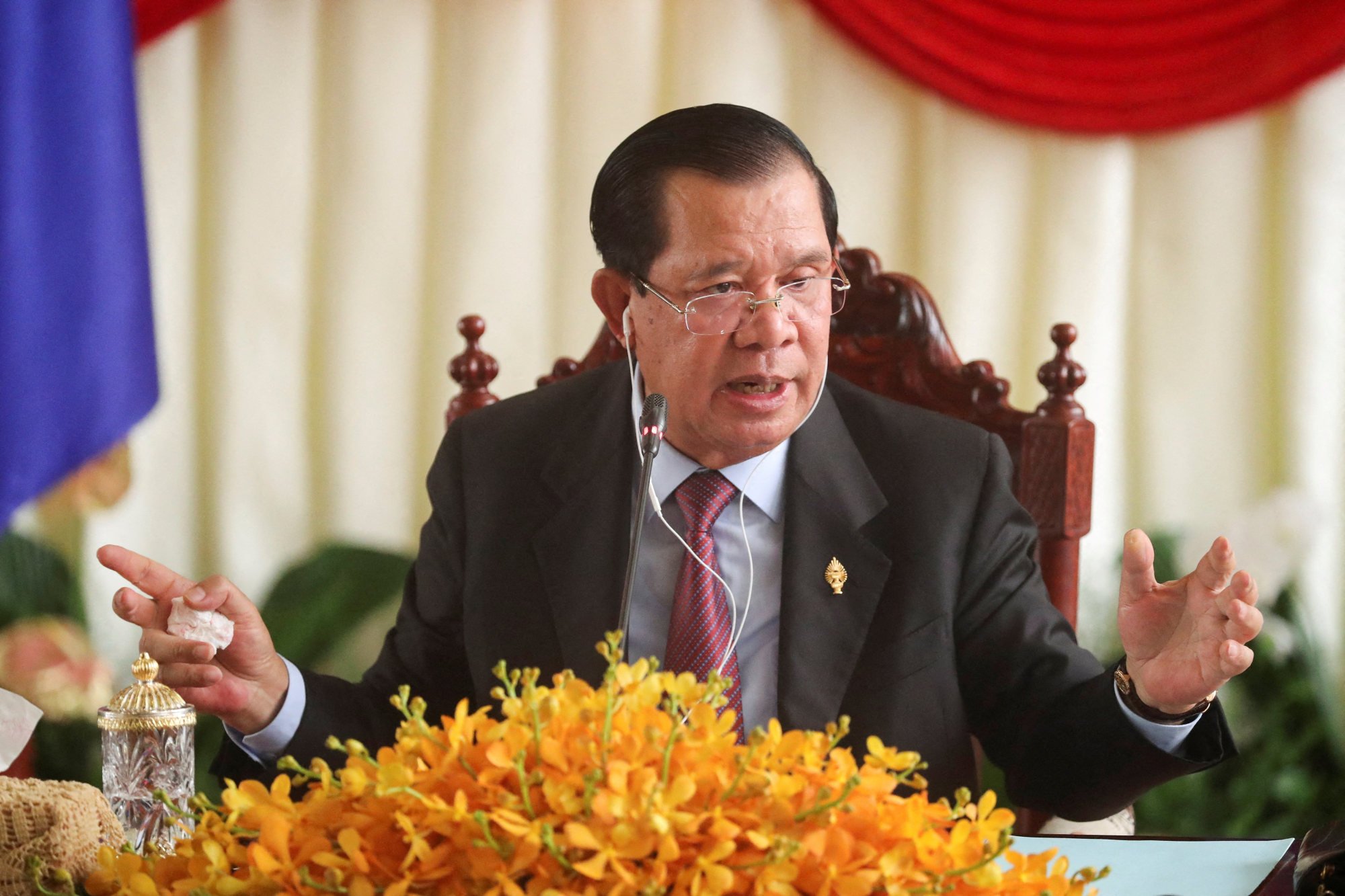
If Paetongtarn is removed from office by the courts, the legalised casinos proposal “would thus no longer exist – a move which would please Cambodian strongman Hun Sen”, said Dr Paul Chambers, visiting fellow at Singapore’s Institute of Southeast Asian Studies.
The principal beneficiaries of the crisis, he surmised, would be “the Thai army, Thai conservatives, and in terms of no casinos legalised in Thailand, even Hun Sen”.
Meanwhile, narrow political interests appear to have stymied Thailand’s celebrated decriminalisation of cannabis, with the Pheu Thai-led government introducing new legislation requiring prescriptions for buyers and registration for growers.
This reversal, prompted by concerns over youth access to the drug and rivalry with former coalition partner the Bhumjaithai Party, who had advocated for decriminalisation, has left the nascent industry in limbo.
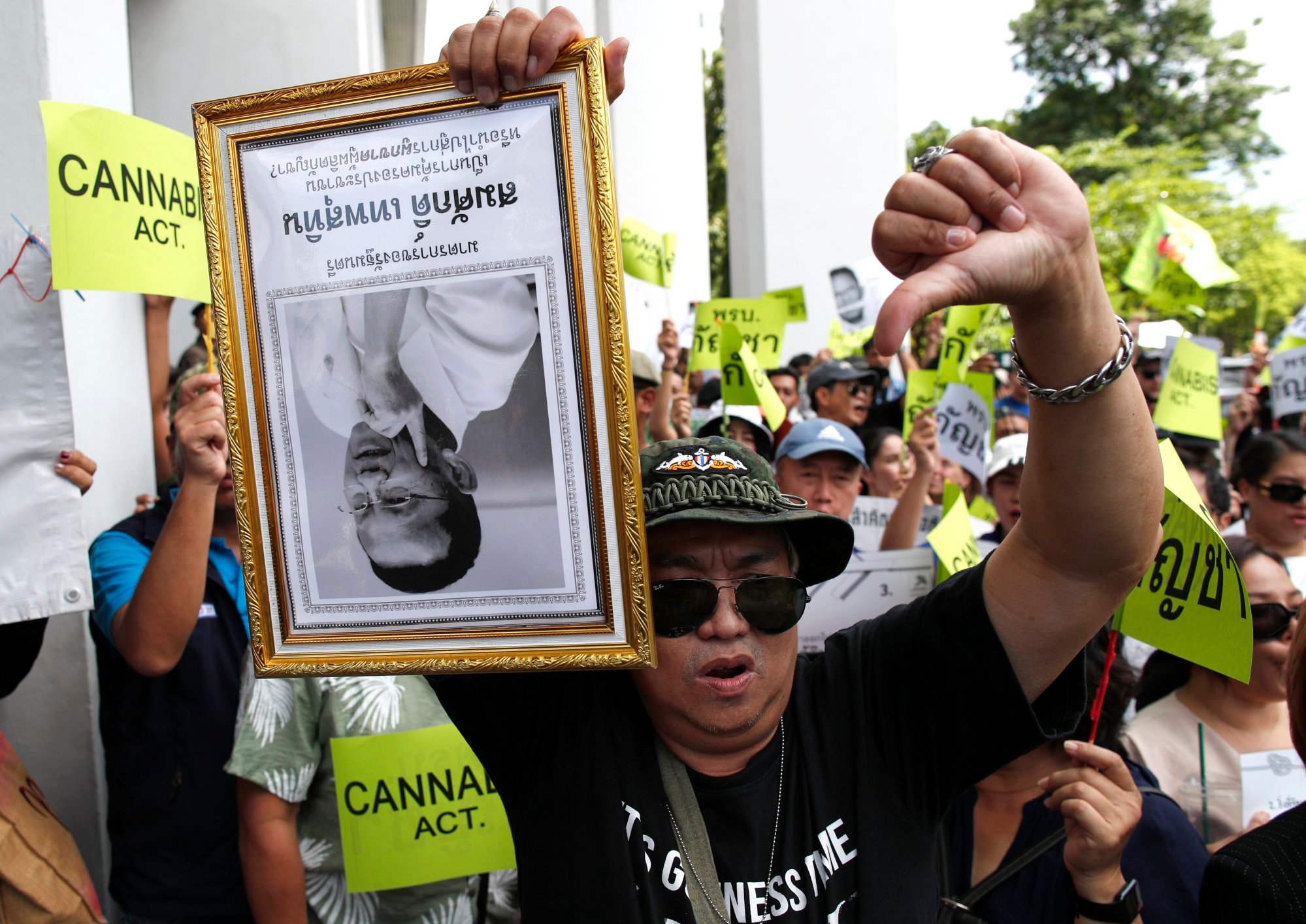
For former cannabis entrepreneur Prajya Aura-ek, the U-turn is emblematic of Thailand’s bungled policymaking in recent years.
“Every law launched in Thailand comes out very blurry,” he said.
“The person who jumps in first is going to make the most money. But you have to be very careful when the government actually starts to regulate.”
He said that cannabis decriminalisation had failed to yield much tax revenue for the state, meaning it benefited private businesses but not public coffers.
“It all feels like politics comes first and for many people that means just too much drama to stay in the business,” he added.